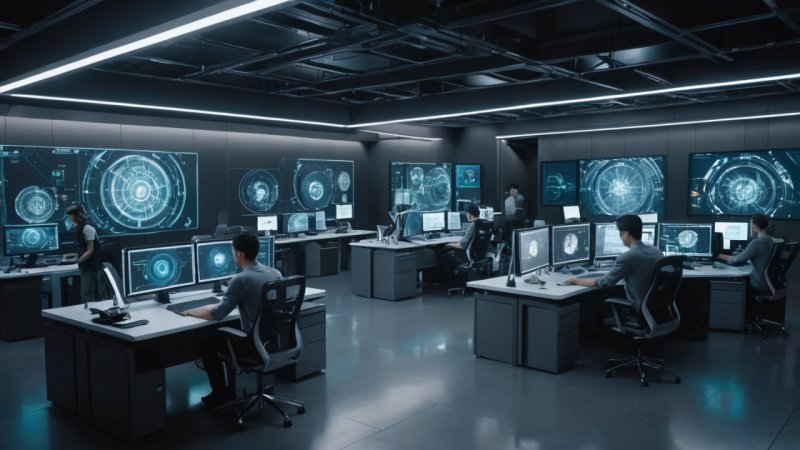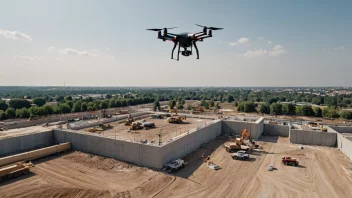What is Artificial Intelligence (AI) in Engineering?
Artificial Intelligence (AI) refers to the simulation of human intelligence in machines that are programmed to think and learn like humans. In engineering, AI is increasingly being integrated into design processes to enhance efficiency, creativity, and problem-solving capabilities.
How is AI transforming engineering design processes?
AI is transforming engineering design processes by automating repetitive tasks, optimizing designs through algorithms, and enabling real-time data analysis. This leads to faster project completion times and more innovative solutions.
What are some specific applications of AI in engineering design?
- Generative Design: AI algorithms can create thousands of design alternatives based on specified parameters, allowing engineers to explore innovative solutions.
- Predictive Analytics: AI can analyze historical data to predict potential design flaws or maintenance issues, enabling proactive measures.
- Simulation and Testing: AI can simulate real-world conditions and test designs virtually, reducing the need for physical prototypes.
- Collaborative Design Tools: AI-powered platforms facilitate collaboration among engineers, architects, and designers, improving communication and efficiency.
What are the benefits of using AI in engineering design?
The benefits of using AI in engineering design include:
- Increased Efficiency: Automating routine tasks frees up engineers to focus on more complex problems.
- Enhanced Creativity: Generative design allows for the exploration of unconventional solutions that may not have been considered otherwise.
- Cost Savings: By reducing errors and optimizing designs, AI can significantly lower project costs.
- Faster Time to Market: AI accelerates the design process, allowing companies to bring products to market more quickly.
Are there any challenges associated with implementing AI in engineering?
Yes, some challenges include:
- Data Quality: AI systems rely on high-quality data to function effectively. Poor data can lead to inaccurate results.
- Integration with Existing Systems: Incorporating AI into current workflows can be complex and require significant changes to existing processes.
- Skill Gaps: Engineers may require additional training to effectively use AI tools and interpret their outputs.
- Ethical Considerations: The use of AI raises ethical questions regarding job displacement and decision-making transparency.
What is the future of AI in engineering design?
The future of AI in engineering design looks promising, with advancements in machine learning and data analytics expected to drive further innovation. As AI technology continues to evolve, it is likely to play an even more significant role in shaping the engineering landscape.
How can engineers prepare for the integration of AI in their work?
Engineers can prepare for the integration of AI by:
- Staying informed about AI trends and technologies through continuous education.
- Developing skills in data analysis and programming to better understand AI tools.
- Engaging in interdisciplinary collaboration to leverage diverse expertise in AI applications.
- Participating in workshops and training programs focused on AI in engineering.
Conclusion
Artificial Intelligence is revolutionizing engineering design processes, offering numerous benefits while also presenting challenges. By embracing AI, engineers can enhance their creativity and efficiency, paving the way for innovative solutions that meet the demands of a rapidly changing world.






